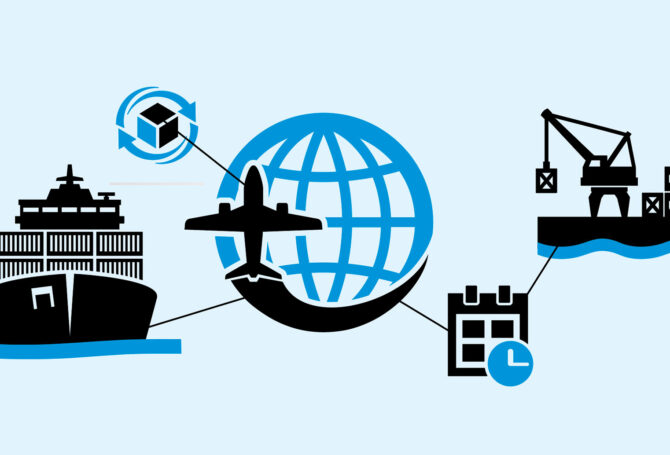
Biden Explores China Tariff Relief, Federal Gas Tax Holiday
With inflation at a 40-year high, President Biden is considering unwinding some tariffs on Chinese goods and declaring a federal gas tax holiday. He also has proposed boosting home construction, unsnarling supply chains, penalizing oil industry profiteering and enacting tax reform as the Federal Reserve has sped up interest rate hikes to tamp down consumer demand.
A federal gas tax holiday would temporarily snip 18.4 cents off the price of a gallon of gas and 24.4 cents off a gallon of diesel at the pump. Depending on how long the holiday lasted, the loss of gas tax revenues could impact maintenance of federal highways and reduce funding for mass transit.
The political hope by the Biden administration is that suspension of the federal tax cut would have an immediate effect of preventing the average gas prices from reaching $5 per gallon. Meanwhile, Biden continues to blame Russian President Vladimir Putin’ Ukraine invasion for disrupting global oil and gas markets. Biden administration officials have reached out diplomatically to Venezuela and Saudi Arabia, despite human rights concerns, to explore higher levels of oil production to bolster global supply.
Biden has pressured US oil industry leaders to use their exceptionally high profits from the first quarter of 2022 to re-invest in refineries to boost domestic production. The oil industry, aided by congressional Republicans, has pushed back, claiming Biden’s energy policies to curb fossil fuels is a market disincentive to invest. Previously, domestic oil companies blamed a lack of workers for a slow return to pre-pandemic levels of output.
Rolling back tariffs imposed by President Trump on Chinese goods would take longer to produce noticeable price reductions. Biden would maintain tariffs on steel and aluminum to continue to protect domestic producers in the name of national security.

President Biden has lifted restrictions on Asian solar panel imports despite on ongoing investigation into whether China evaded US tariffs by shipping solar panels or components through Southeast Asian countries. According to industry sources, US solar panel installations have dropped sharply because of uncertainty over solar panel supply.
Tariffs are ultimately borne by consumers, but China is deft at deflecting tariff impacts. Solar panels are a good example. Federal investigators are probing whether Chinese solar panels have skirted US tariffs by being shipped to the United States via Cambodia, Vietnam, Malaysia and Thailand. While the investigation is proceeding, Biden has okayed solar panel imports from Southeast Asia to boost domestic installation of the clean energy source, which industry sources say has dropped off dramatically because of uncertainty over solar panel supplies.
The Biden administration has taken a hands-on approach to unclogging supply chain bottlenecks that persist because of snarled ports, a lack of truck drivers and closure of major Chinese ports to control COVID exposures. Some retailers report normal levels of supplies have returned, but shelves at many large retailers continue to look sparse. There also have been notable shortages of baby formula and tampons. Safety concerns and recent flood damage at a single plant in Michigan upset the baby formula market. Tampon makers say there have been unable to acquire necessary raw materials because of supply chain disruptions.
The Biden plan to boost new home construction is bumping into a receding home-buying market because of rising mortgage interest rates. Home construction never caught up with growing demand since the 2008 housing and stock market crash. Some housing economists say the nation lags as many as 5 million homes and apartments, which has driven up the price of housing and rents. Biden also faces resistance from congressional Republicans who say another large spending measure will fuel more inflation.
Tax changes to increase the tax rates for wealthier Americans was included in Biden’s Fiscal year 2023 budget. Presidential budgets tend to be non-starters, and this one is no exception.
The US inflation rate in May reached 8.6 percent, inching up from 8.3 percent in April and far above the 2 percent target inflation rate the Federal Reserve views as sustainable. Supply chain disruptions and impacts of the Russian invasion have created similar inflation in other developed countries. The United Kingdom, the Netherlands and Spain have slightly higher inflation rates. Germany, Mexico and India have inflation in the 7 percent range. Italy and Canada each have an inflation rate of 6.8 percent. France’s inflation rate is 5.2 percent. Russia’s inflation rate exceeds 17 percent.




